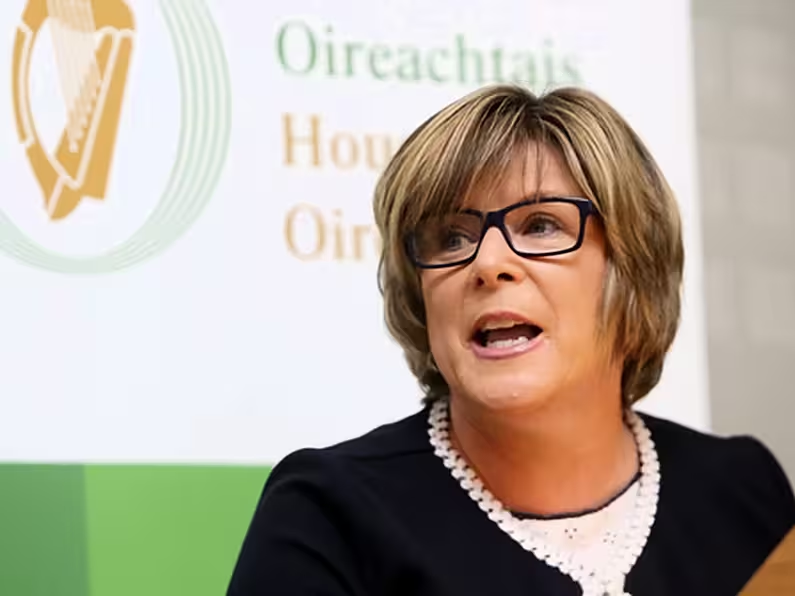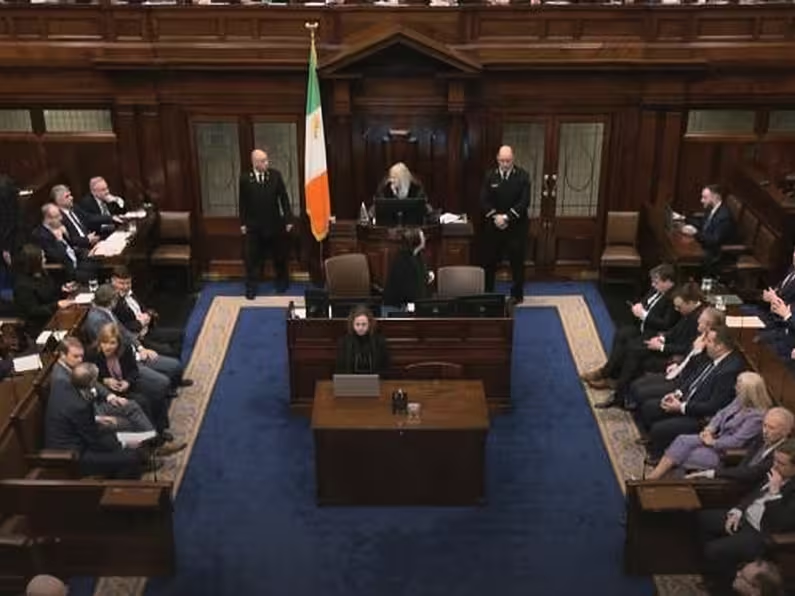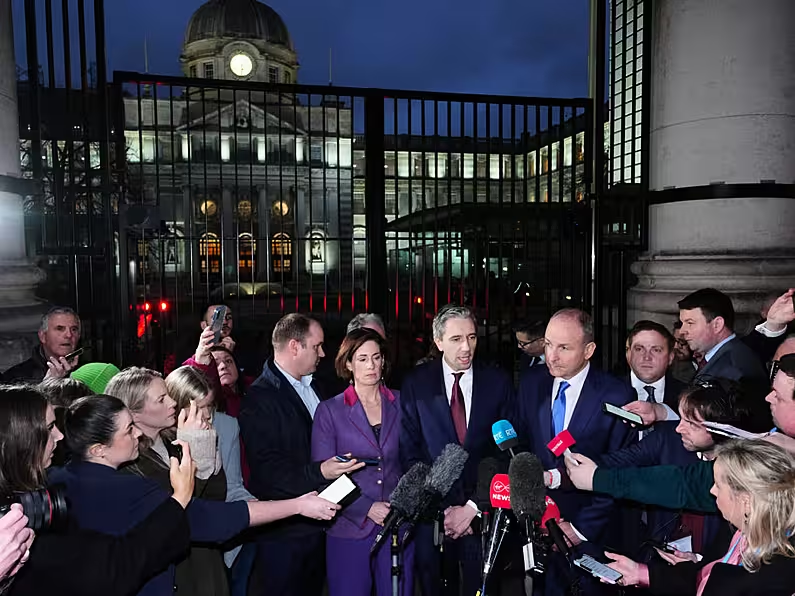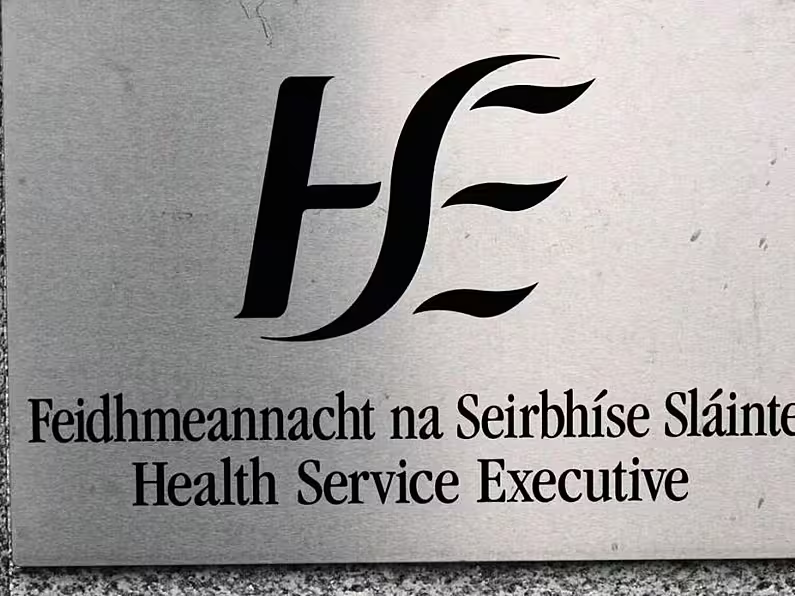By Dominic McGrath, PA
The mental health minister has defended the Government’s spending on mental health funding.
Appearing before an Oireachtas sub-committee on mental health, junior minister Mary Butler said that the proportion of health funding that goes to mental health funding has to be looked at “in the round”.
Asked by TD and sub-committee member Gino Kelly if the Government could commit to increasing funding for mental healthcare, Ms Butler defended the coalition’s record but promised to seek more funding.
Mr Kenny has said that in Ireland, only 5.1 per cent of the health budget is spend on mental health, lower than other European countries.
She said the health budget of over €1 billion was the biggest ever last year and that “skewed” the proportion provided to mental health services.
She said that the figure is “misleading” because it did not capture or include funding from other parts of the health service or HSE.
Ms Butler said that it was “very hard to differentiate”.
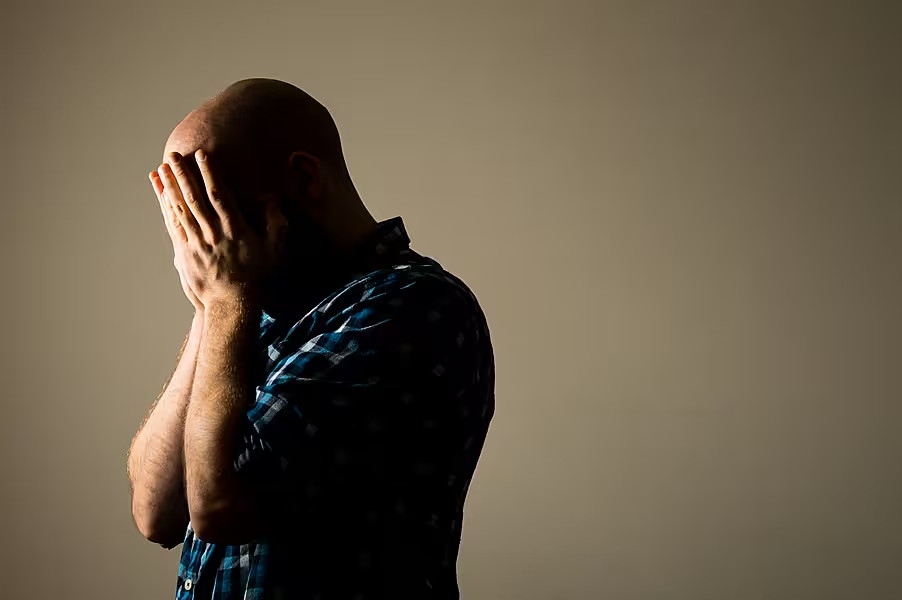
She added that she did want to increase funding: “I will be pushing very hard in this year’s estimates to get the biggest budget we’ve ever had for mental health funding.”
She also acknowledged that staffing and recruitment has been an issue for the HSE in the provision of mental health services.
Calling it a “challenge”, she said: “I’m frustrated by the length of time it takes to release someone into a post.”
Ms Butler said it can take up to 50 weeks to fill a post.
Answering a question from Fine Gael’s Senator Aisling Dolan, Ms Butler said that there has been a “huge emphasis” on recruitment in Child and Adolescent Mental Health Services (CAMHs) in recent years but acknowledged that issues remain.
“The most important thing is that we’re aware of it and we’re trying to sort it out.”
In her opening statement, the minister said that she was “very keen” for legislation updating and reforming the Mental Health Act to be voted on as soon as possible.
She said the proposed legislation would “ensure that the rights of people who need inpatient mental healthcare and treatment are fully vindicated”.
She said that Ireland’s mental health services are “operating well to a large degree”.
“At the same time, I am also aware that we must continue to do more,” the minister said.
“There is also a need to develop a sustainable primary care psychology service in the longer term through multi-annual funding and recruitment of additional permanent staff.
“This will be considered as part of 2022 Budget Estimates,” she said.
The minister also said that “throughout the pandemic, with the necessary adaptations, specialist mental health services continued to operate at approximately 85-90 per cent capacity”.
In July, the sub-committee on mental health published a report on the impact the pandemic has had on mental health services.
Amid a series of recommendation, the sub-committee called for the development of a 24-hour emergency mental health service.
Taking questions from Senator Frances Black, Ms Butler confirmed that face-to-face suicide training had not resumed since the pandemic struck.
Dr Philip Dodd, from the Department of Health’s Mental Health Unit, told the committee that SafeTalk, a more “basic” training, has been offered as an online course.
He said that were closely monitoring when face-to-face training could start again.
Ms Butler said that recent figures from the Central Statistics Office (CSO) showed that 340 deaths by suicide had been recorded in 2020.
She said that while this data remained provisional, “the trends are not suggesting we saw a spike last year”.





